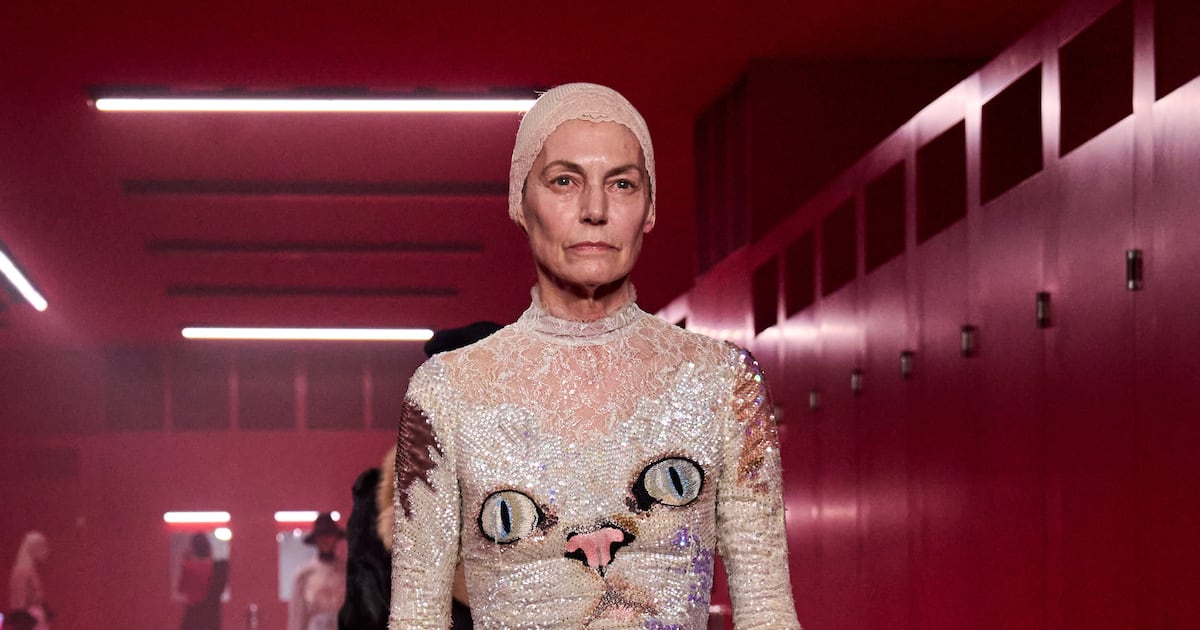Valentinoâs full-year revenues fell 2 percent excluding currency shifts to â¬1.31 billion ($1.42 billion), the Roman brand said Friday.
Retail sales grew 5 percent in 2024. The company described its business as âfundamentally stableâ in light of the tough market for luxury fashion.
Valentinoâs EBITDA, a measure of operating profit, fell 22 percent to â¬246 million, in part due to one-off charges that likely include hefty investments in exiting its former creative director Pierpaolo Picciolo and onboarding his successor Alessandro Michele.
Michele brought dozens of designers and stylists from his former Gucci team with him in order to provide a turn-key solution to overhauling Valentinoâs collections. Within a few months of his arrival, the brand revealed a sprawling pre-fall collection whose head-to-toe looks already included a full menu of shoes, bags, jewellery, small accessories and more.
2025‘s results will be the first true test of whether Micheleâs maximalist, archival aesthetic resonates with clients, as the his products didnât arrive in stores until the very end of last year.
The companyâs financial performance will remain under close scrutiny as Gucci-owner Kering, which bought a 30 percent stake in 2023, plans to take full control of the business by 2028.
âOur work took a decisive step forward with the appointment of Alessandro Michele,â chief executive Jacopo Venturini said. âAlessandroâs extraordinary inspiration reinterprets the past through his unique and outstanding eyes, while embracing the freedom he has to fully express his creative genius. My gratitude goes to him and all the colleagues of the maison, who proved unstinting efforts and admirable commitment throughout a year of challenge and of progress.â
Valentinoâs beauty and fragrance business managed by LâOréal continued to deliver rapid growth (and pad the brandâs bottom line). Sales rose 51 percent year-on-year, the brand said.

